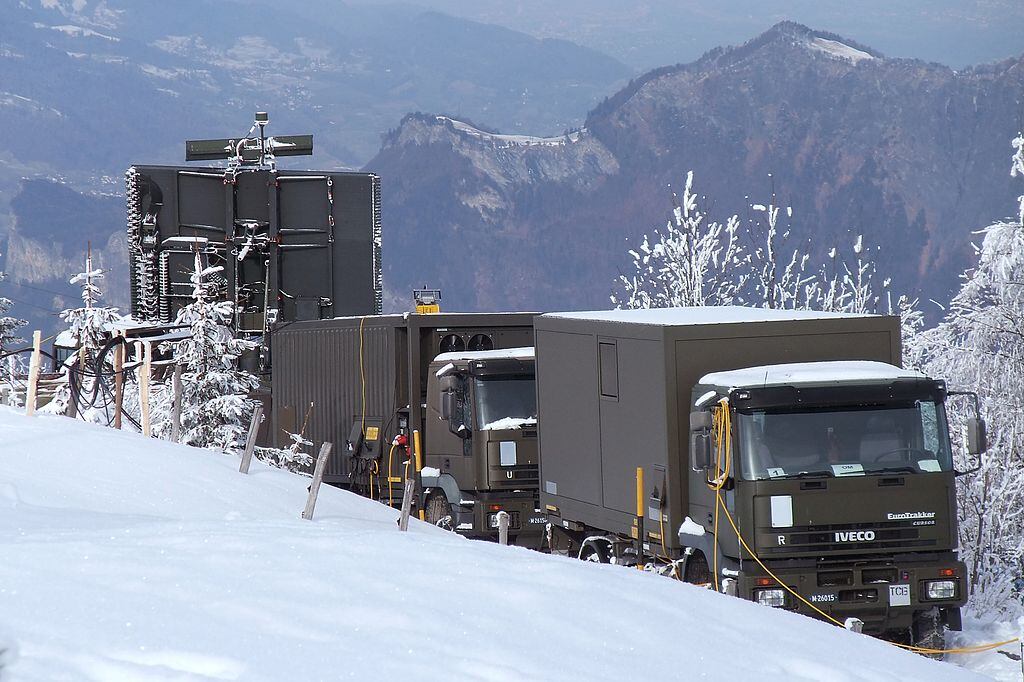COLOGNE, Germany — The Swiss are choosing sides over how to shepherd an $8.2 billion package of new combat aircraft and air-defense equipment through the country’s unique political process.
Defence Minister Guy Parmelin favors subjecting the “Air 2030” program to a public referendum, eyed for 2020. If approved, that step could secure the population’s thumbs-up for a blank check covering the cost of the entire project while leaving the administration to sort out the details of which planes to buy and how to split the aerial and ground components.
This course of action is still preferred, a defense department spokesman told Defense News on Thursday, even though opposition to the plan became increasingly evident as the public feedback period ended Sept. 22.
For now, there appears to be support across the major political parties for the main objectives of Air 2030, which aims to replace the country’s aging fleet of F-18 and F-5 combat aircraft and install new ground-based weapons against aerial threats.
But critics in parliament contend that the risk of a referendum defeat is too high, arguing nothing less than that the very future of the Swiss military is at stake.
Depending on which political party is asked, some prefer putting the project out for separate votes for the larger aircraft portion, estimated at roughly $6 billion, and the ground segment.
But others want the government to proceed without any referendum at all, arguing that the program — despite its hefty price tag — should be treated like other critical government purchases.
RELATED

The government’s strategy of seeking popular approval only for the broad contours of Air 2030 follows the still-fresh memories of a failed attempt to replace the Swiss air-policing fleet. The population in 2014 voted against a measure to buy 22 Saab Gripen planes in a referendum that some analysts said was muddied by questions over the aircraft’s specific capabilities and drawbacks.
Swiss defense procurement agency Armasuisse on Monday invited bids for the ground-based program segment from the military sales offices of the United States, France and Israel. Those countries' anti-missile systems — Raytheon’s Patriot, Eurosam’s SAMP/T and Rafael’s David’s Sling — are expected to go toe-to-toe in a competition.
For the aircraft portion, the Swiss in July invited bids from the Airbus Eurofighter, the Dassault Rafale, the Saab Gripen E, the Boeing F/A-18 Super Hornet and the Lockheed Martin F-35A. Armasuisse requested pricing proposals for a fleet of 30 or 40 planes.
Meanwhile, government officials will sift through the fresh feedback from Swiss stakeholders — including political parties, regions and trade unions — in the coming months and formulate a measure for parliamentary debate by year’s end, defense department spokesman Renato Kalbermatten told Defense News.
And while the course of putting the entire investment plan out for a referendum remains the goal, there appears to be a willingness to adjust in case the risk of rejection is deemed to high. “We will put forward the best solution,” Kalbermatten said.
Sebastian Sprenger is associate editor for Europe at Defense News, reporting on the state of the defense market in the region, and on U.S.-Europe cooperation and multi-national investments in defense and global security. Previously he served as managing editor for Defense News. He is based in Cologne, Germany.








